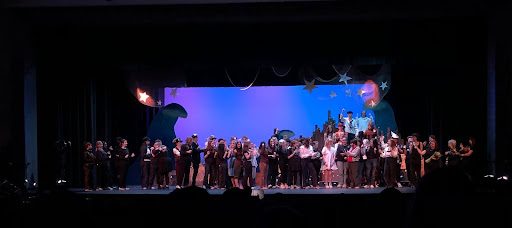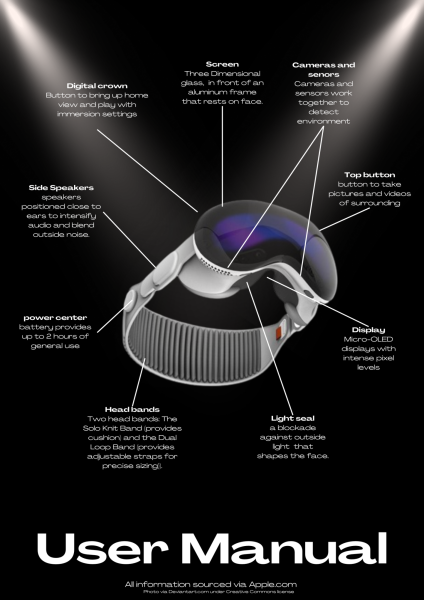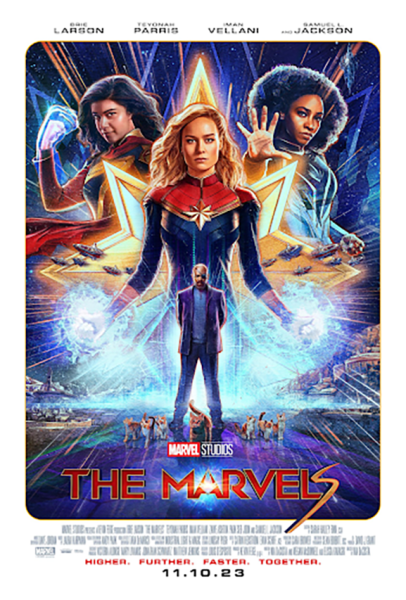This cast realizes its Potential
Quirky, sassy, and scandalous, Spartan Theaters’ rendition of “Comic Potential” left the audience snorting with laughter as they experienced this incredibly “punny” production.
Written by Alan Ayckbourn in 1998, “Comic Potential “follows the romance between an aspiring comedy writer and a glitchy “actoid”, a futuristic android actress that develops human-like emotions. When young Adam Trainsmith goes to work at a struggling television station under the mentorship of ex-classic comedy writer Chance Tate, Adam connects with Jacie Triplethree, a soap opera actoid. Adam appreciates that she has feelings, unlike other actoids, and requests to work separately with her on some scripts he composed. Despite warnings from his peers and the jealous company executive, Carla Pepperbloom, Adam and Jacie fall in love and steal away to the big city. After a series of adventures, the couple goes into hiding as the authorities attempt to hunt them down.
As the lead role of Jacie, Bonnie McClellan added an intriguing dimension to the tricky robotic
role. Her character’s clueless created a humorous dimension as she understands nothing about societal norms. One of the most noteworthy scenes included her monologue on love and its complications. Although she discussed love’s part in the context of her malfunctioning operations, the words paralleled affection’s mysterious nature amongst humans. Empathetic and heart-wrenching, her scene was an impressive balance between emotional and mechanical.
William Shipley’s endearing interpretation of Adam made the performance as awkward as it was charming. Though the play focuses on a relationship that is out of the ordinary, William’s portrayal of sweet affection for Jacie had the audience rooting for the two lovebirds.
Aside from the couple in the spotlight, “Comic Potential’s” laudable cast brought variety to the
otherwise lovey-dovey themes. In the supporting role of Chance Tate, Alex Vanzo’s drunken
lines were crude and unfiltered. Vanzo’s flippant and sarcastic expressions danced on the line of blatantly inappropriate humor, but the audience developed a strange appreciation for his role. Though his feud with Catherine Ariale’s character, executive Carla Pepperbloom, might be seen
as uncomfortably misogynistic, their conflict was entertainingly harsh with the two flinging burns at each other left and right.
The incredible execution of the smaller roles in “Comic Potential” made for a well-rounded cast. Most impressive were the performances of the other actoids, which required intense concentration as they never forgot to make each movement and blink stiff. Their histrionic mannerisms were perfectly over the top and poked fun at cheesy soap opera productions. The backstage techs deserve some credit, too. The dual set transitions were tricky but accomplished with ease.
“Comic Potential” was a jocular evening full of innocent romance, with the occasional sexual innuendos, such as the eating out at a restaurant scene. Though the obscurity of this particular production made it somewhat hard to follow in the first 10 minutes of the play, the comedy that ensued outshined the more confusing moments and the crude language added to the eyebrow-raising humor. With such an entertainingly brazen performance, the community will be flocking to the next Spartan Theater production to see what else the thespians have up their sleeves.





